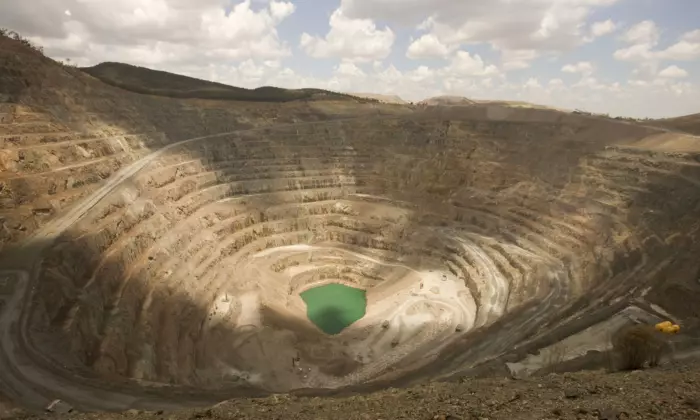The Australian mining sector has played a significant role in propelling the nation’s economy forward, as evidenced by the recent report from Ernst and Young, which was commissioned by the Minerals Council of Australia (MCA. According to the MCA report, the mining sector contributed $42.5 billion ($28.3 billion USD) in company tax and a decade-high $31.5 billion in royalties for the fiscal year 2022-2023. The industry also contributed $74 billion to federal, state, and territory governments during that time period, an increase of $9.3 billion from the previous year.
Tania Constable, CEO of the MCA, highlighted that the mining industry continues to pay the highest average wages, contribute the most company taxes, deliver the most export revenue, and play a critical role in supporting regions and communities – sustaining 1.1 million jobs in the mining industry and through its supply chains.
The Australian government has demonstrated support for the mining sector with multiple investments aimed at strengthening the industry, such as pumping $2 billion into mining and processing of critical minerals to reduce the country’s reliance on China’s control and influence over the sector. This funding is in line with the Future Made In Australia commitment, which focuses on strengthening the nation’s economy through increased investments in key industries like mining.
However, despite government support, the MCA has expressed concerns about multiple regressive policies imposed on the sector that could potentially dampen investment growth and hinder the industry’s potential for economic growth. These policies include the adoption of 1970 industrial policies and high energy, environmental, planning, and taxation costs.
In a position paper submitted to the previous Morrison government, the MCA emphasized the importance of attracting more foreign investors while also considering national security. The organization recommended clarifying the concept of National Security Business to make it clear that miners will not be captured because of processing-related concerns and reducing the period of time available for the use of the call-in power from ten to three years.
The MCA has also called for the provision of mechanisms to independently review fees and a statutory review within two years after the first implementation of policy reforms in 2020.
According to data from the Australasian Institute of Mining and Metallurgy (AIMM), Australia’s mining sector contributes 75 percent of the country’s exports, employing more than 1.2 million mining professionals and exporting $160 billion net worth of resources. This highlights the crucial role that the mining industry plays in driving economic growth and supporting regional communities across Australia.
In conclusion, the Australian mining sector continues to be a vital part of the nation’s economy, with significant contributions made through company tax and royalties. However, for the industry to reach its full potential and maintain this level of success, it is essential that the government enacts stable and supportive policies to attract more necessary investment and create an environment conducive to growth and development in the mining sector.

